LGBTQ+ Friendly Couples Addiction Treatment
LGBTQ + couples face significant barriers when seeking addiction treatment, from outright discrimination to well-meaning but inadequately trained staff who simply don’t understand their specific needs. The good news? A growing number of treatment centers are developing truly inclusive programs that address both addiction and the unique challenges facing queer relationships.
Finding LGBTQ + friendly couples addiction treatment isn’t just about tolerance—it’s about working with professionals who understand how minority stress, relationship dynamics, and identity intersect with substance use. When treatment centers get it right, recovery outcomes improve dramatically for both partners.
Understanding the Unique Challenges LGBTQ + Couples Face in Addiction Recovery
The Impact of Minority Stress on Substance Use Patterns
Research consistently shows that LGBTQ+ individuals experience substance use at rates significantly higher than the general population. According to the 2021 National Survey on Drug Use and Health, lesbian, gay, and bisexual adults are more than twice as likely to have a substance use disorder compared to heterosexual adults. For transgender individuals, the statistics are even more concerning—with studies indicating up to 25% struggle with substance abuse.
But here’s what those numbers don’t capture: the complex web of stressors that contribute to these patterns. Dr. Ilan Meyer’s minority stress theory explains how chronic exposure to prejudice, discrimination, and stigma creates a perfect storm for addiction. When you’re constantly managing the stress of hiding your identity, facing family rejection, or dealing with workplace discrimination, substances often become a coping mechanism.
For couples, this stress compounds. “I’ve seen partnerships where both people are self-medicating their individual trauma, but they’re also using together as a way to bond and escape the outside world,” explains Dr. Jennifer Martinez, a licensed addiction counselor who specializes in LGBTQ+ affirming care. “The substances become intertwined with their relationship identity.”
Relationship Dynamics and Co-Occurring Mental Health Issues
LGBTQ+ couples in addiction treatment often present with complex relationship patterns that traditional couples therapy approaches don’t adequately address. Many have experienced what researchers call “chosen family” dynamics—creating support networks outside biological families who may have rejected them. This can create intense codependency within romantic relationships.
Depression and anxiety rates are significantly higher in LGBTQ+ populations, with 2022 data from The Trevor Project showing that 60% of LGBTQ+ young adults experienced symptoms of major depressive disorder in the past year. When both partners in a relationship are managing mental health challenges alongside addiction, the traditional “individual first, then couples work” approach often falls short.
Same-sex couples drug rehab LGBTQ friendly programs recognize that relationship healing must happen alongside individual recovery. “We can’t separate their substance use from their relationship patterns, and we can’t separate either from the broader context of their lives as LGBTQ+ people,” notes Sarah Chen, program director at an inclusive treatment facility.
Historical Trauma from Healthcare Discrimination
The healthcare system hasn’t always been safe for LGBTQ+ individuals. From the pathologization of homosexuality until 1973 to ongoing discrimination in medical settings, many queer people carry deep mistrust of healthcare providers. A 2021 study found that 28% of LGBTQ+ individuals had experienced discrimination in healthcare settings within the past year.
This historical trauma shows up in addiction treatment as reluctance to be vulnerable, hypervigilance about staff reactions, and sometimes complete avoidance of treatment until crisis points. “I had one couple who delayed getting help for months because they were terrified of being judged or separated,” recalls treatment coordinator Alex Rivera. “By the time they came to us, both were in medical crisis.”
What Makes Addiction Treatment Truly LGBTQ+ Affirming for Couples
Comprehensive Staff Training on LGBTQ+ Cultural Competency
True LGBTQ+ affirming couples rehab programs invest heavily in staff education that goes far beyond basic tolerance training. Effective programs include 40+ hours of specialized education covering LGBTQ+ history, identity development, preferred terminology, and the intersection of sexual orientation, gender identity, and addiction.
Staff learn to use chosen names and pronouns consistently, understand the difference between sexual orientation and gender identity, and recognize how coming-out processes impact family dynamics and substance use patterns. They’re trained to spot subtle forms of discrimination and create genuinely welcoming environments.
At facilities like Couples Rehabs, staff undergo annual recertification in LGBTQ+ cultural competency, ensuring their knowledge stays current with evolving community needs and terminology. “It’s not enough to say we’re LGBTQ+ friendly,” explains clinical director Dr. Robert Kim. “Our staff need to demonstrate competency through their interactions, treatment planning, and understanding of how identity impacts recovery.”
Gender-Affirming Care and Inclusive Treatment Protocols
Transgender couples alcohol treatment LGBTQ support requires specialized protocols that traditional treatment centers often lack. This includes understanding how hormone replacement therapy might interact with addiction medications, providing appropriate bathroom and housing accommodations, and ensuring medical staff are trained in transgender health issues.
Inclusive treatment also means adapting standard protocols to reflect diverse relationship structures. Intake forms include options beyond “married” and “single,” group therapy exercises acknowledge different family configurations, and treatment plans consider the unique stressors facing queer relationships.
“We had to completely redesign our couples therapy curriculum,” shares Dr. Lisa Thompson, who helped develop programming at an LGBTQ+ specialized center. “Traditional approaches assume heterosexual, cisgender couples with specific role expectations. Our clients needed something that honored their actual lived experiences.”
Creating Safe Spaces for Authentic Expression
Physical environment matters enormously for LGBTQ+ individuals who may have experienced rejection in healthcare settings. Truly affirming centers display visible signs of inclusion—rainbow flags, inclusive imagery, and non-discrimination policies prominently posted. Bathrooms are clearly marked as all-gender accessible, and housing accommodations respect couples’ relationships regardless of legal marriage status.
But it’s the subtle elements that often matter most. Staff wear pronoun badges, intake forms use inclusive language, educational materials represent diverse relationships, and group activities acknowledge different family structures. “When clients see themselves reflected in our environment, they can focus on recovery instead of managing safety fears,” notes program coordinator Maria Santos.
Evidence-Based Treatment Approaches for LGBTQ+ Couples in Recovery
Couples Behavioral Therapy with LGBTQ+ Modifications
Gay couples addiction therapy LGBTQ informed draws heavily from evidence-based approaches like Behavioral Couples Therapy (BCT), but with crucial modifications. Standard BCT assumes certain relationship dynamics and communication patterns that may not apply to same-sex couples or those navigating gender transition.
Modified approaches address unique communication challenges, such as how internalized homophobia affects conflict resolution or how transition-related stress impacts intimacy. Therapists help couples identify strengths in their relationships that may have developed specifically because of their LGBTQ+ identities—like exceptional communication skills developed through coming-out processes or strong mutual support systems.
“Traditional couples therapy often pathologizes relationship patterns that are actually adaptive for LGBTQ+ couples,” explains Dr. Amanda Rodriguez, who has published extensively on queer-affirmative therapy approaches. “Our job is to help couples distinguish between patterns that serve them and those that contribute to substance use.”
Trauma-Informed Care Addressing Identity-Based Trauma
Lesbian couples rehab with LGBTQ competent care must address multiple layers of trauma that often contribute to substance use. This includes family-of-origin rejection, experiences of discrimination or violence, medical trauma from healthcare discrimination, and internalized stigma.
Trauma-informed approaches recognize that traditional exposure therapies may not be appropriate for identity-based trauma, which is often ongoing rather than stemming from discrete events. Instead, treatment focuses on building resilience, developing healthy coping strategies, and creating meaning from difficult experiences.
Group therapy components help couples understand they’re not alone in their experiences. “There’s something powerful about hearing another couple describe challenges you thought were unique to your relationship,” notes group facilitator Dr. James Park. “It normalizes their experiences and reduces isolation.”
Group Therapy Programs Designed for Queer Relationships
Queer couples substance abuse treatment inclusive environment programs often include specialized group components that address shared experiences. These might include groups for couples navigating family rejection, those dealing with workplace discrimination, or partners supporting each other through gender transition.
Groups provide peer support that’s often missing in LGBTQ+ individuals’ daily lives, especially for those in less accepting communities. Participants share strategies for managing minority stress, rebuilding family relationships, and maintaining sobriety in environments that may not be supportive of their identities.
Research shows that LGBTQ+ individuals in group treatment with other sexual and gender minorities show better engagement and outcomes compared to mixed groups where they’re the only LGBTQ+ participants.

Finding the Right LGBTQ+ Friendly Couples Rehab Program
Essential Questions to Ask Treatment Centers
When researching LGBTQ couples recovery centers with gender-affirming care, asking the right questions can reveal whether a program is truly inclusive or just marketing themselves as LGBTQ+ friendly. Start with staff training: “How many hours of LGBTQ+ cultural competency training do your counselors receive?” and “When was your last training update?”
Ask about specific accommodations: “How do you handle housing for same-sex couples?” and “What’s your policy on chosen names and pronouns?” Request to speak with LGBTQ+ staff members or ask for references from other queer couples who’ve completed treatment.
Inquire about treatment modifications: “How do you adapt couples therapy for same-sex relationships?” and “Do you have experience with transgender individuals on hormone replacement therapy?” The quality and specificity of their answers will tell you a lot about their actual competency level.
Red Flags to Avoid in Treatment Selection
Be wary of programs that claim to be LGBTQ+ friendly but can’t provide specifics about their training or modifications. Red flags include staff who seem uncomfortable with basic terminology, facilities that can’t accommodate same-sex couples in housing, or programs that suggest you might be “better served elsewhere.”
Watch for subtle discrimination during intake calls—being asked inappropriate questions about your relationship, staff who consistently use wrong pronouns, or treatment plans that ignore your identity entirely. “If they’re not affirming during the sales process, they won’t be affirming during treatment,” warns advocate Michael Chen.
Avoid programs that promise to address your sexual orientation or gender identity as part of treatment unless you specifically requested that focus. Legitimate treatment centers understand that LGBTQ+ identities aren’t pathological and don’t need to be “treated.”
Insurance and Financial Considerations
Many insurance plans now cover addiction treatment for non-binary couples LGBTQ specialized programs, but coverage can vary significantly. Some insurers require pre-authorization for specialized treatment, while others may not cover certain gender-affirming care components.
Research your insurance benefits before calling treatment centers, and ask programs about their experience with your specific insurance provider. Many LGBTQ+ affirming centers have dedicated staff to help navigate insurance challenges and can provide information about sliding-scale fees or financial assistance programs.
Don’t let cost prevent you from seeking appropriate care. Many programs offer payment plans, and some have specific scholarships for LGBTQ+ individuals or couples facing financial hardship.
Success Stories: Real Outcomes from Inclusive Couples Treatment
Case Studies Highlighting Effective Treatment Approaches
David and Michael came to treatment after David’s methamphetamine addiction nearly ended their 12-year relationship. Traditional treatment had failed twice because programs didn’t understand how David’s internalized homophobia contributed to his substance use or how the couple’s communication patterns had developed around hiding their relationship from unsupportive family members.
In LGBTQ+ affirming treatment, they worked with therapists who understood these dynamics. Treatment addressed not just David’s addiction but the couple’s isolation and the shame both carried about their relationship. Eighteen months later, they’ve rebuilt their relationship on a foundation of authentic communication and mutual support.
Another couple, Jamie (transgender) and Sarah, found that previous treatment programs couldn’t handle the complexity of Jamie’s transition occurring alongside Sarah’s alcohol addiction. Supportive rehab for LGBTQ+ relationships addiction programs helped them navigate both challenges simultaneously, with treatment plans that honored Jamie’s transition process while addressing how transition stress was impacting Sarah’s drinking.
Long-Term Recovery Statistics for LGBTQ+ Couples
While research on LGBTQ+ couples in addiction treatment is still emerging, early data is promising. A 2023 study of 200 same-sex couples who completed LGBTQ+ affirming treatment showed 12-month sobriety rates of 68% compared to 45% for similar couples in non-affirming programs.
More importantly, relationship satisfaction scores were significantly higher for couples who received affirming care. “When treatment honors your identity and relationship, you’re more likely to engage fully in the process,” explains researcher Dr. Patricia Williams. “That engagement translates to better outcomes.”
Programs specifically designed for LGBTQ+ couples also show lower dropout rates—22% compared to 35% in traditional programs—suggesting that cultural competency keeps people in treatment longer.
Frequently Asked Questions About LGBTQ+ Couples Addiction Treatment
How long does LGBTQ+ couples treatment typically last? Treatment length varies based on individual needs, but most intensive programs run 30-90 days, followed by ongoing outpatient support. LGBTQ+ couples often benefit from extended aftercare because they may have limited community support systems.
Can we be in the same treatment program if we’re in different stages of transition? Absolutely. Quality LGBTQ+ affirming programs regularly work with couples navigating transition at different paces. Treatment plans are individualized while maintaining focus on relationship dynamics and mutual support.
What if we’re not legally married but consider ourselves a couple? Affirming programs recognize relationship commitment regardless of legal status. You’ll be treated as a couple based on your self-identification, not legal documentation.
How do you handle religious or family conflicts during treatment? Treatment includes specific modules on navigating family relationships and religious conflicts. Many programs offer family education sessions and mediation services to help rebuild supportive relationships where possible.
What happens if one partner completes treatment before the other? Programs build in flexibility for different recovery timelines. The partner who completes intensive treatment first typically transitions to supportive outpatient care while remaining engaged in couples work.
Conclusion
Recovery is possible, and your love deserves support that honors who you are. When seeking addiction treatment as an LGBTQ+ couple, you have the right to care that affirms your identity, respects your relationship, and addresses your unique needs. Don’t settle for treatment that asks you to hide or minimize parts of yourself—seek programs that understand your whole story and help you build a future together in recovery.
At Couples Rehabs, we understand that your relationship is a source of strength, not something to be set aside during treatment. Our LGBTQ+ affirming programs are designed by and for people who understand the unique challenges you face, with staff trained in both addiction treatment and LGBTQ+ cultural competency.
Ready to start your recovery journey together? Contact Couples Rehabs today to speak with one of our intake specialists who can answer your questions about our LGBTQ+ friendly couples addiction treatment programs. We offer confidential consultations to help you understand your options and determine if our approach is right for your relationship.
Don’t wait another day to get the affirming, comprehensive care you deserve. Call us now or visit our website to learn more about how we can support your path to recovery while honoring your identity and strengthening your relationship. Your recovery journey should be one of healing and authenticity, not compromise—and we’re here to make that possible.
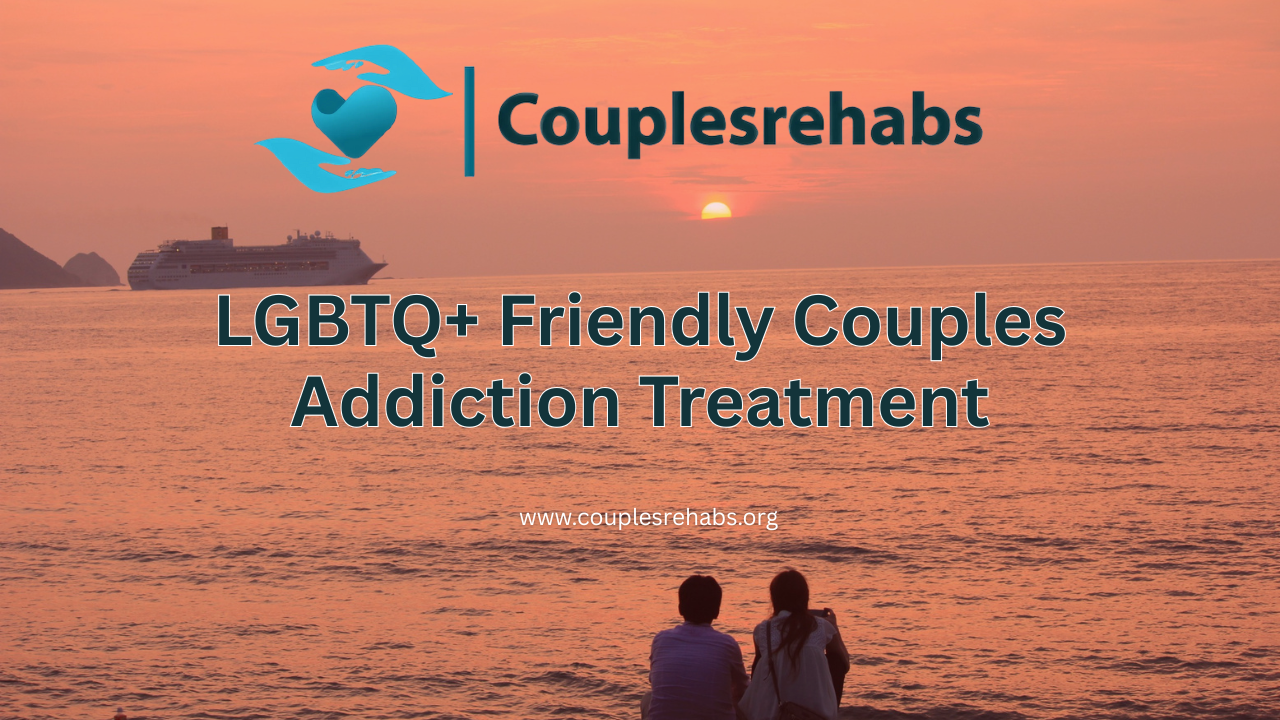

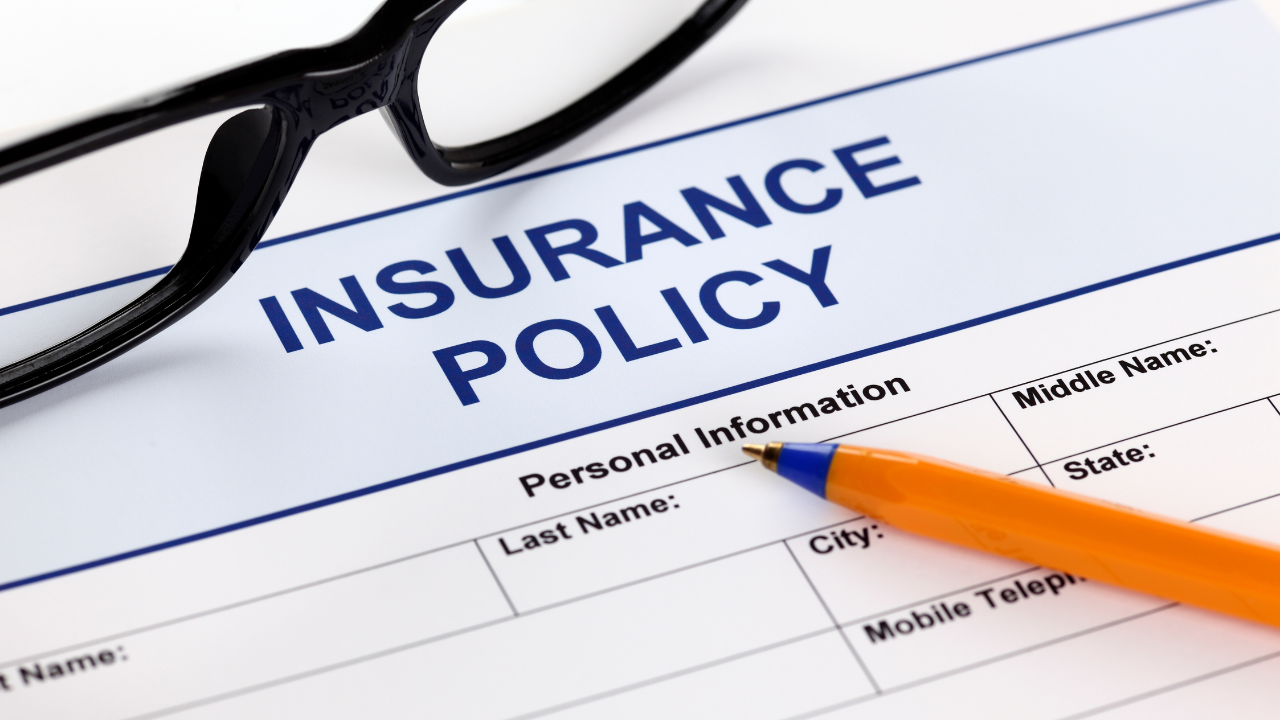
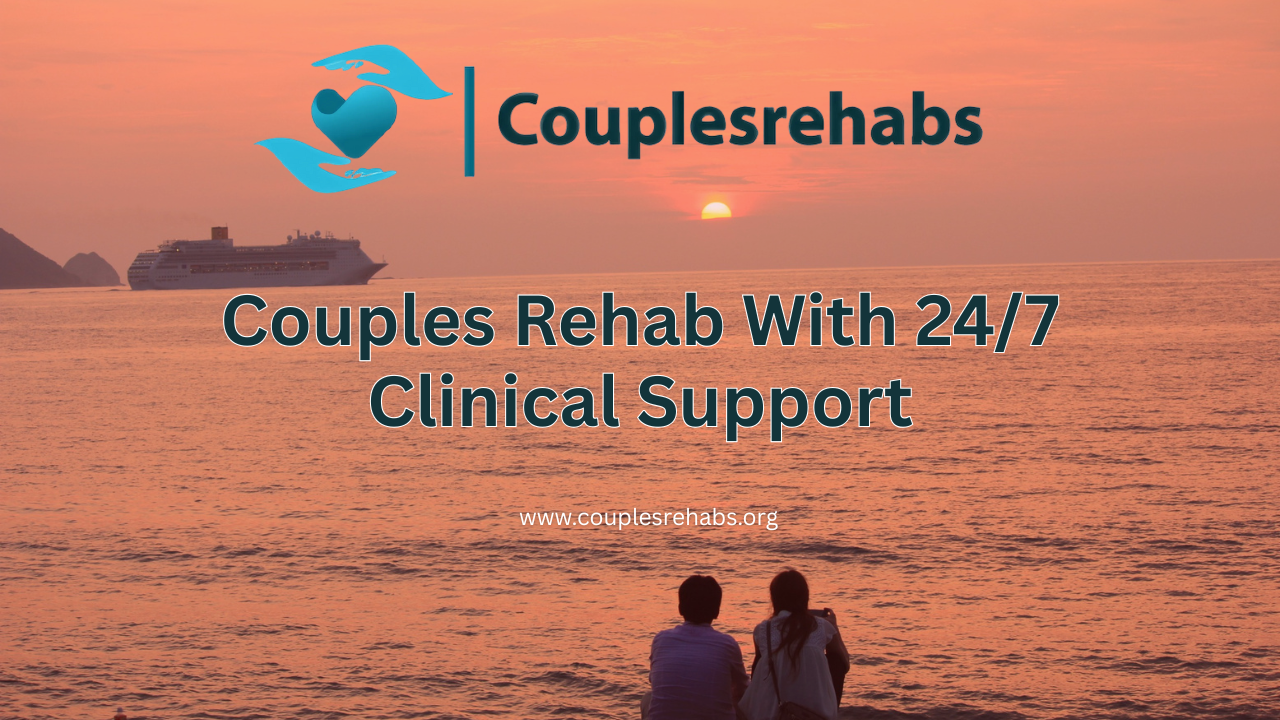
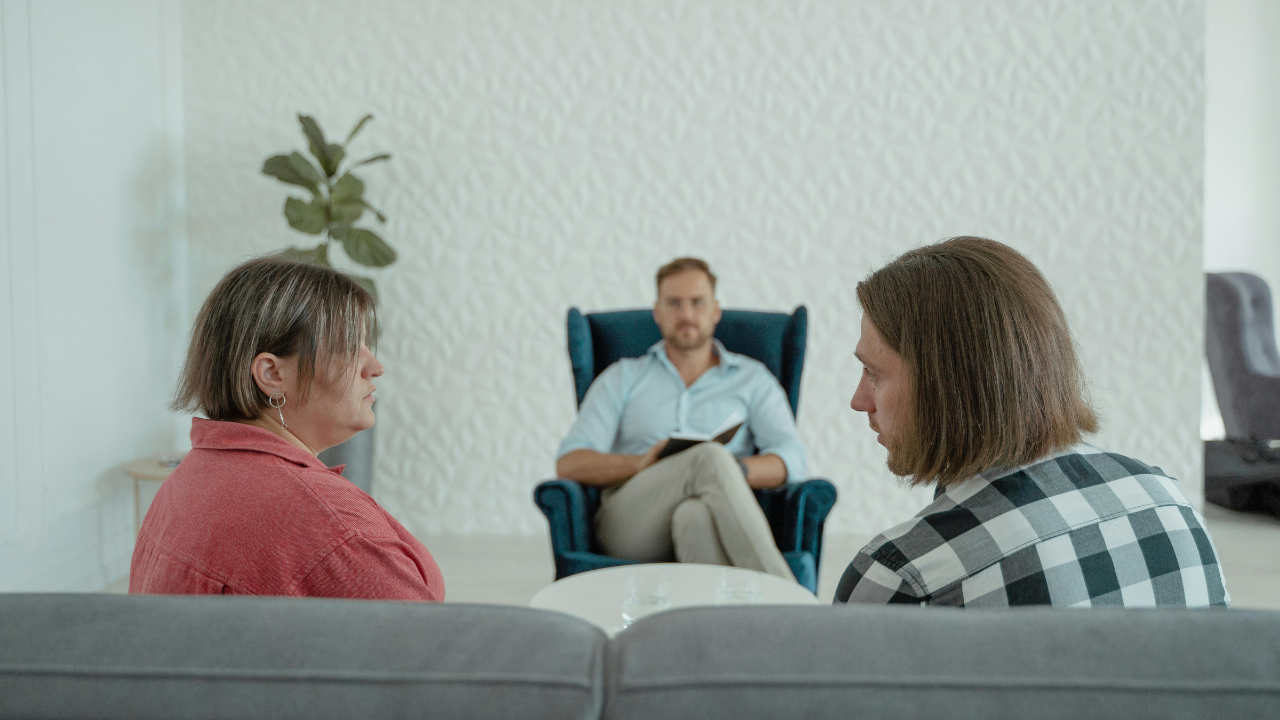
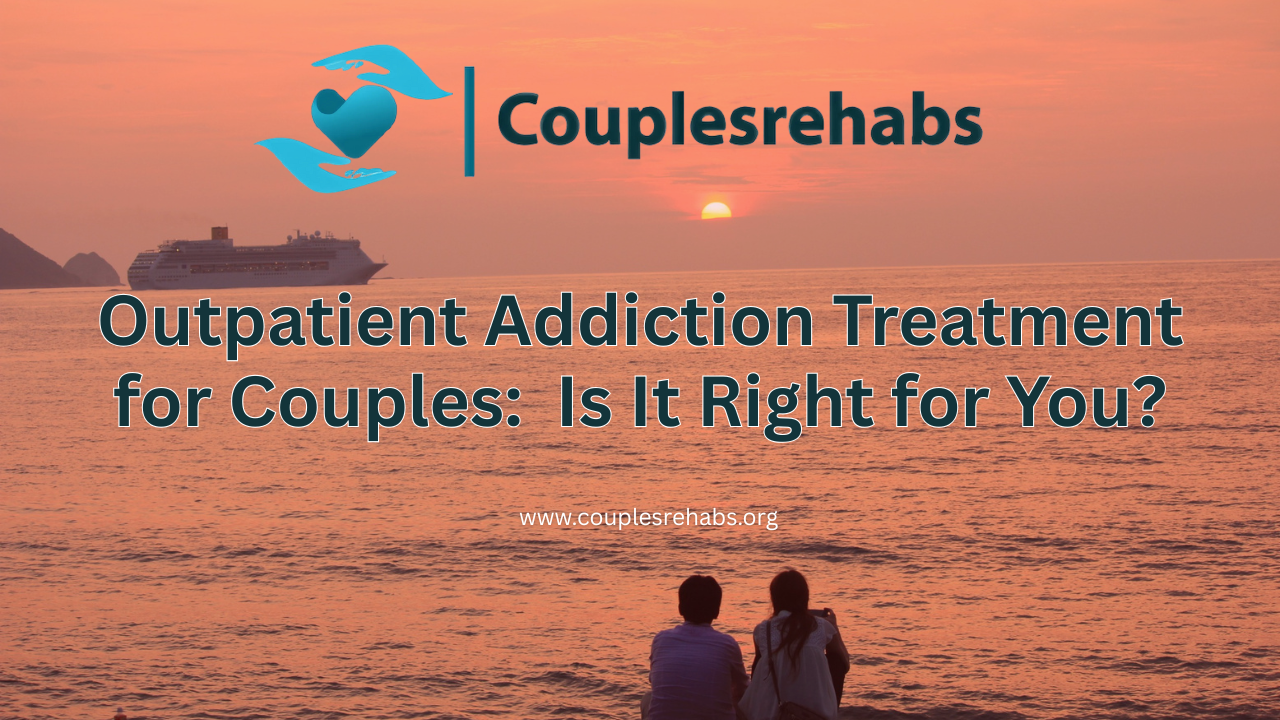
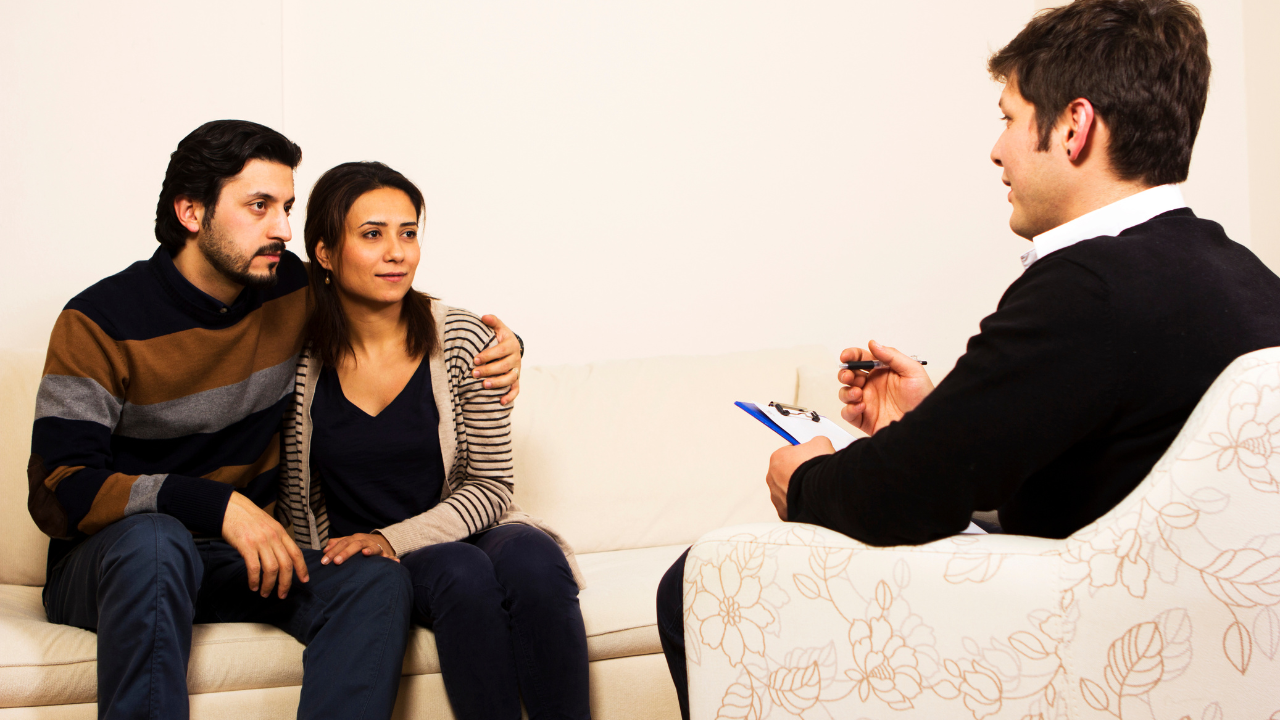
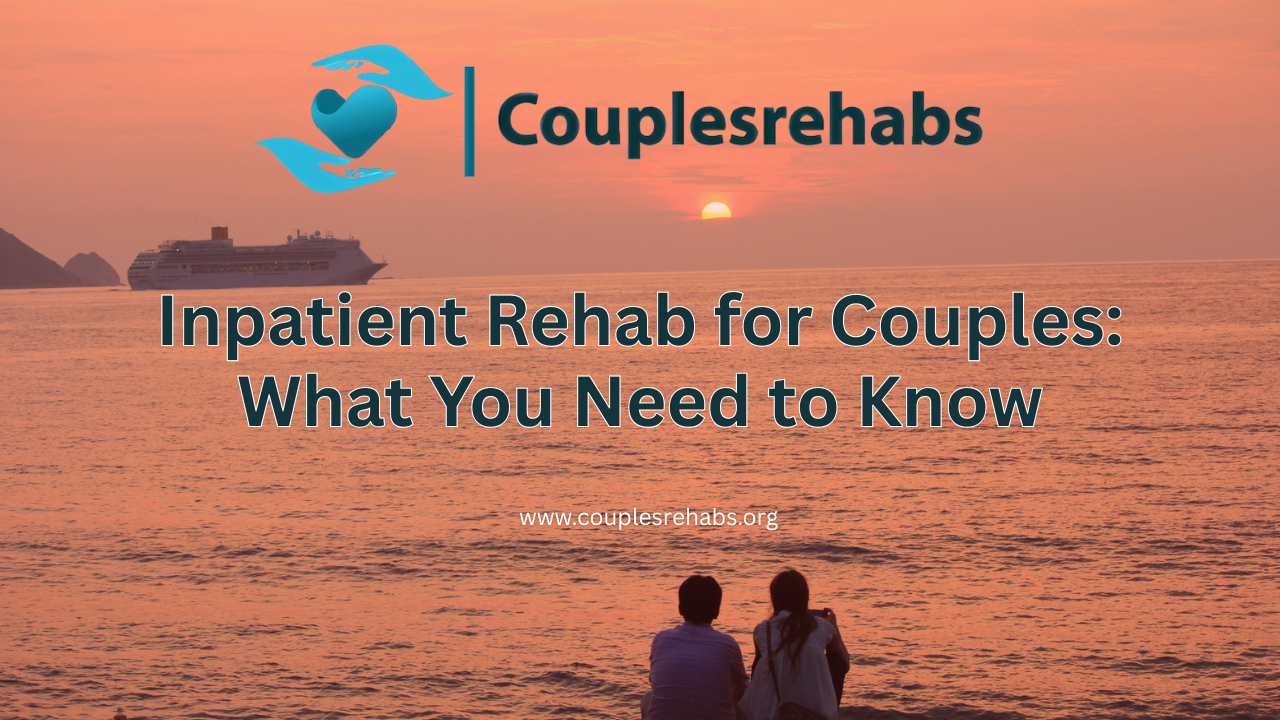

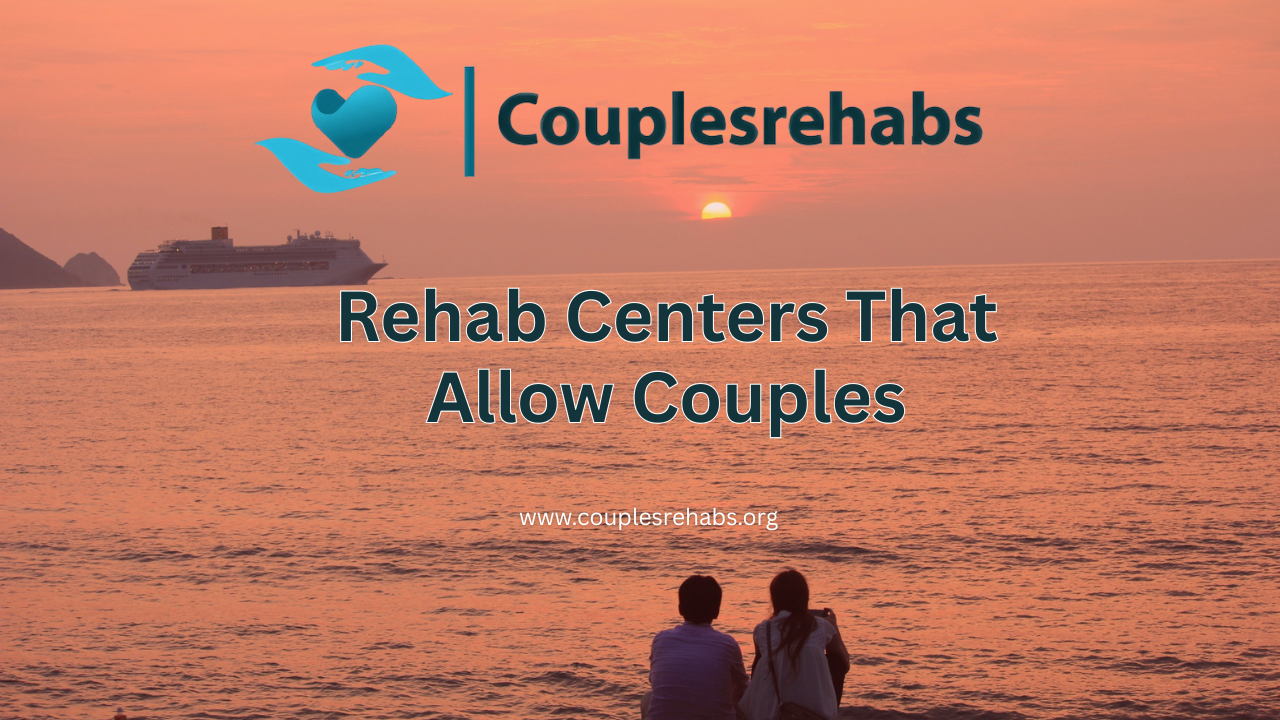




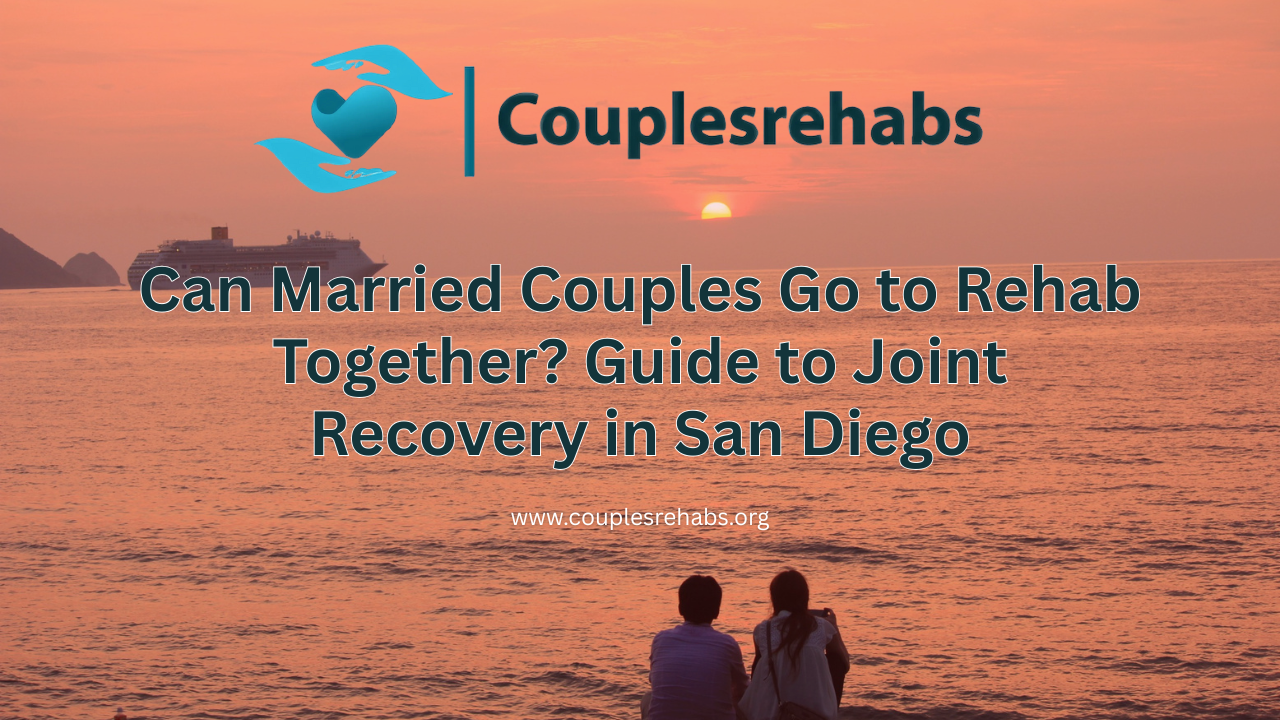





Recent Comments